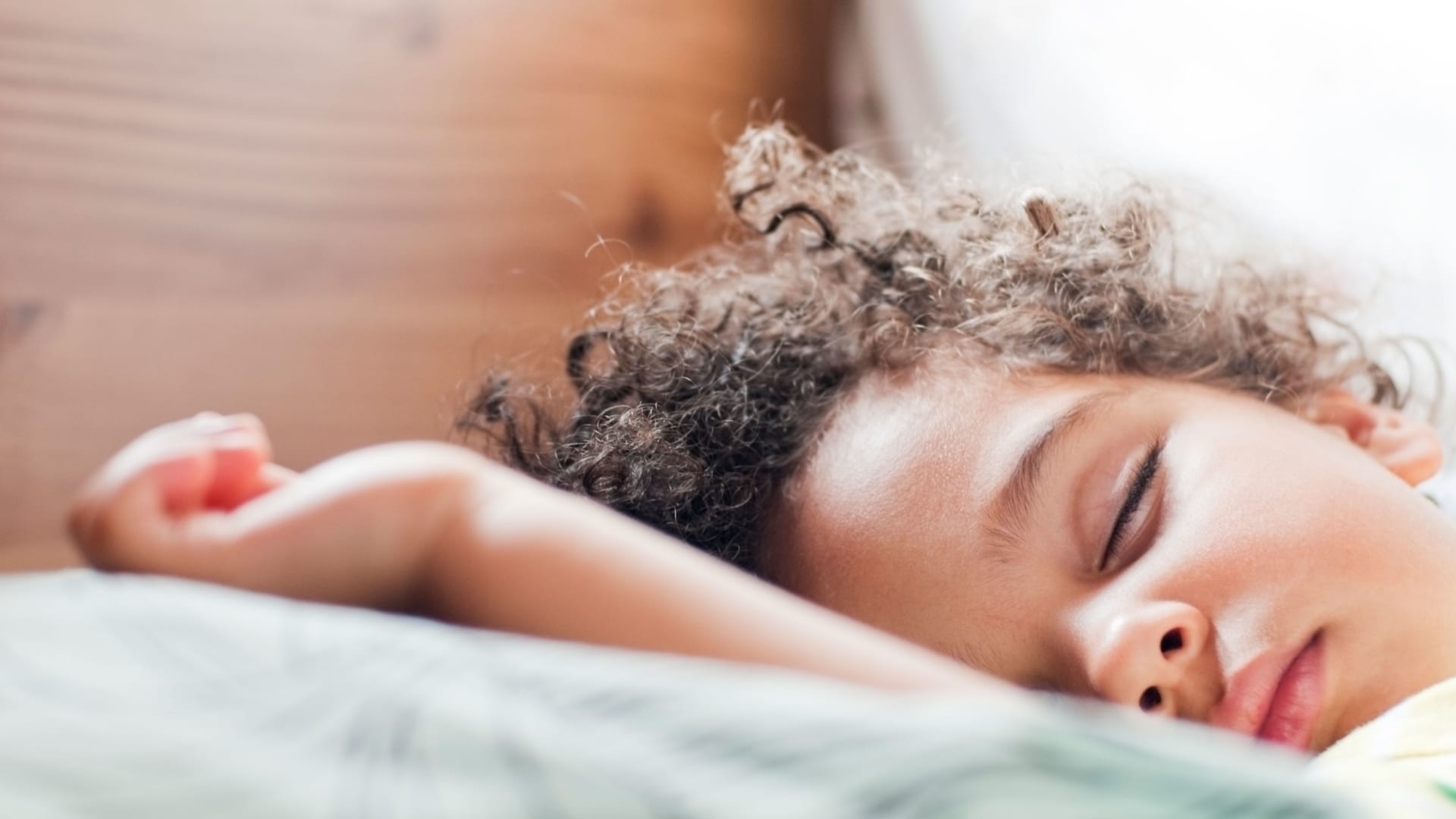Want to Raise Successful Kids?

9 - 8 - 2022
Neuroscience Says Teach Them This Crucial Brain Habit
Bottom line upfront, according to their results: Teach your kids not to get as tired as you are.
I'm so tired right now. Maybe you can relate. I'm a parent to a young child, so sometimes it seems like that's par for the course.
It also means that I'm going to do my best right now to explain everything you'll want to know about a brand new brain study regarding kids and sleep, and to tell it quickly, efficiently, and effectively.
I mean, if you've read this deeply, I'm going to guess you're likely a sleep-deprived parent, too. And like me, you're interested in your own success, but you also probably spend a lot of time thinking about how to do best for your children.
Here's the study summary:
Researchers at the University of Maryland studied data regarding 8,300 children aged 9 to 10 years old, with a specific focus on how much sleep they got each night, and what it meant for their success years later.
Bottom line upfront, according to their results: Teach your kids not to get as tired as you are.
It's not just a matter of crankiness, or short-term health. Instead, as the researchers found, kids who slept less then they should at fairly young ages had significant physiological brain differences and cognitive markers in the years that came afterward.
As study co-author Ze Wang, PhD, a professor of diagnostic radiology and nuclear medicine, explained:
"We found that children who had insufficient sleep, less than nine hours per night, at the beginning of the study had less grey matter or smaller volume in certain areas of the brain responsible for attention, memory and inhibition control compared to those with healthy sleep habits.
These differences persisted after two years, a concerning finding that suggests long term harm for those who do not get enough sleep."
Are there three more terrifying and action-inspiring words for any parent than "long term harm?
"The study was published in the peer-reviewed journal, Lancet Child & Adolescent Health.
The American Academy of Sleep Medicine recommends that children aged 6 to 12 years of age sleep 9 to 12 hours per night on a regular basis. And while some kids do that without difficulty, parents and kids know that others don't get anywhere near that amount.
Anyway, this isn't really an article about parent-shaming, or moms and dads who take their toddlers and grade-schoolers to late-evening movies and concerts. (Although, don't do that.)
Instead, it's about habits and science.
Fortunately, some of the external societal sleep challenges you might have faced in earlier ages are becoming a little less difficult.
- First, the entire phenomenon of successful people of any age touting how little they sleep, as if it were a badge of honor, has largely evaporated.
- Second, although we're in the beginning of this phenomenon, school systems are beginning to start the day a bit later, for the express reason of giving kids more time to sleep.
- Third, study after study now shows that kids who have regular bedtimes wind up with better outcomes.
- And finally, there are studies now that show how sleep literally cleans your brain, and why adults who don't get enough sleep leave themselves at risk of serious brain-related conditions.
In other words, we're all learning-;thanks to science.
Look, I admit that I'm among the "do as I say, not as I do" crowd when it comes to sleep hygiene. But, I do hope that I can pass along better habits to the next generation, and I suspect you do, too.
Because, truly, this study combines the topics of two of my most popular free eBooks: How to Raise Successful Kids (7th Edition), and The Free Book of Neuroscience: 13 Ways to Understand and Train Your Brain for Life.
"Sleep can often be overlooked during busy childhood days filled with homework and extracurricular activities," said coauthor E. Albert Reece. "Now we see how detrimental that can be to a child's development."



